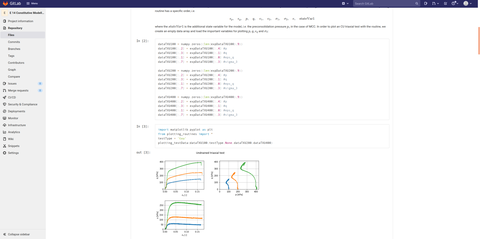18.01.2022
Institut für Geotechnik erhält Lehrpreis der Gesellschaft von Freunden und Förderern der TU Dresden e.V.
Die Gesellschaft von Freunden und Förderern der Technischen Universität Dresden e. V. vergibt seit 1995 Preise für den besonders engagierten Einsatz von Lehrenden der TUD in der Aus- und Weiterbildung. Mit der jährlichen Ausschreibung sollen Anreize für die Verbesserung der Lehre an der TU Dresden geschaffen und Impulse für neue Ideen und Konzepte gegeben werden.
Gesucht waren dafür im Studienjahr 2020/2021 Konzepte, die sich insbesondere durch ein hohes Maß an Kreativität, Interaktivität sowie die Möglichkeit zur Partizipation auszeichnen. Die Vorschläge für die zu Ehrenden wurden von einzelnen Studierenden bzw. Studierendengruppen, den Fachschaftsräten, den Dekan:innen der Fakultäten sowie den Bereichssprecher:innen eingereicht. Dabei ist die hohe Beteiligung der studentischen Vertreter:innen, auch über die eigenen Fächergrenzen hinweg, in diesem Jahr besonders heraus zu stellen.
Aus der Fülle der Vorschläge hat der Vorstand der GFF gemeinsam mit dem Prorektor Bildung insgesamt elf Preisträger:innen ausgewählt.
An der Fakultät Bauingenieurwesen wurde dieser Preis für die Lehrveranstaltung "Stoffmodelle für Böden" an Dr.-Ing. Max Wiebicke und Prof. Ivo Herle vergeben. In der Begründung heißt es: "Es wurde ein völlig neues und modernes Lehrkonzept erstellt. Mit Hilfe von interaktiven Webseiten können die Stoffmodelle aufgebaut, modifiziert und graphisch mit Versuchsergebnissen verglichen werden. Die Implementierung erfolgt in Jupyter Notebook (Python) auf dem GitLab-Server. Diese dynamischen Lehrunterlagen erlauben den Studierenden Routinen zu ändern und ein sofortiges Feedback über die Ergebnisse der Simulation zu erhalten."

